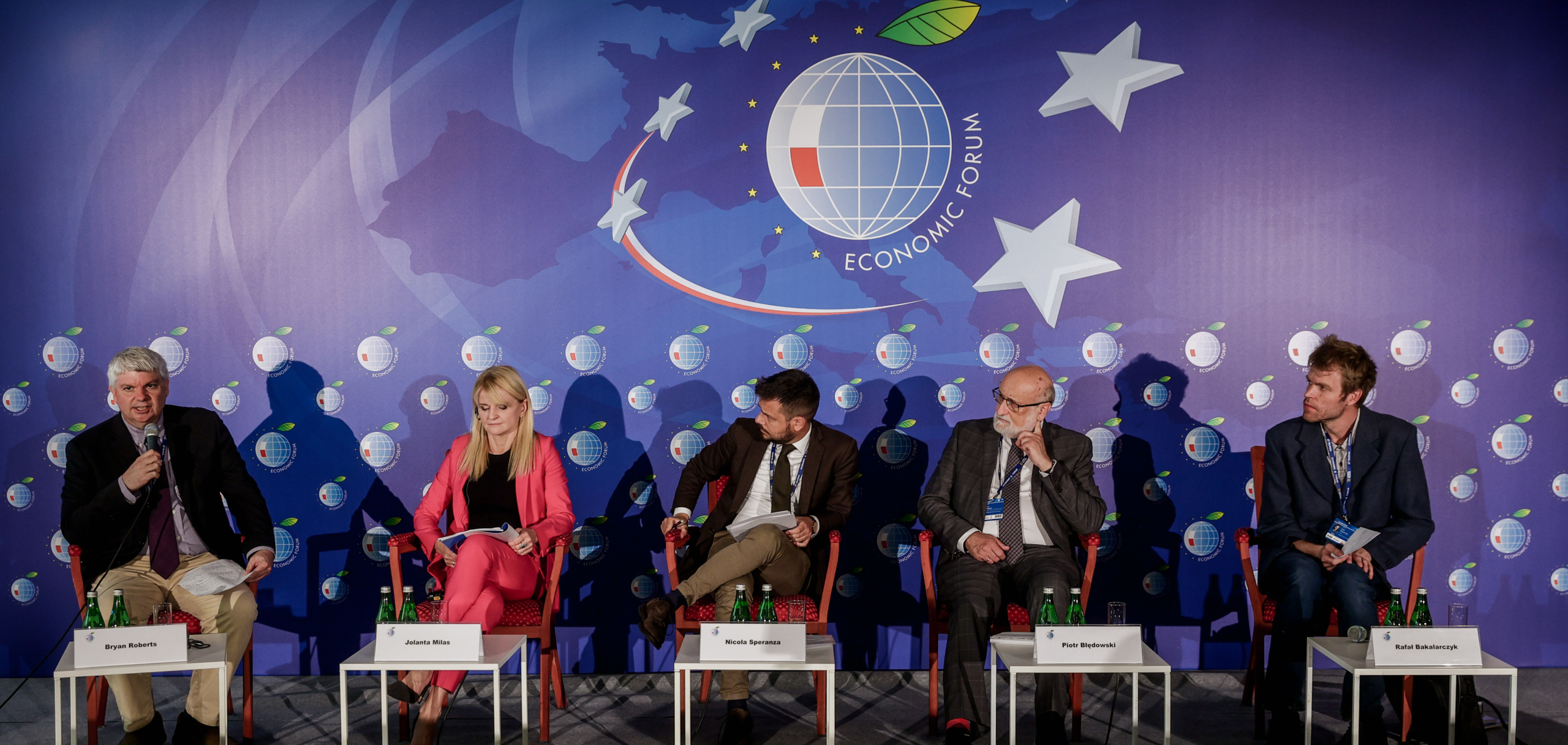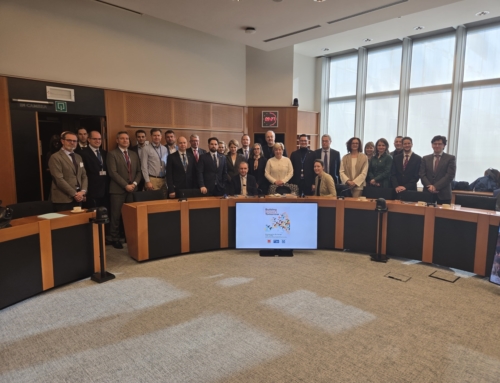Brussels, 15th of September 2023
As part of the “Economic Forum” in Karpacz (Poland), the Federation of Catholic Family Associations in Europe (FAFCE) organized a panel entitled “Families in Times of War: Rebuilding Ukraine”. This panel considered the major challenges for Ukraine and neighbouring countries to support families fleeing from a country divided by the war. The speakers emphasised the difficult mental and living situation of families fleeing Ukraine, caused also by uncertainty about the fate of their loved ones who are fighting.
“When they say goodbye before leaving, they don’t know if they will ever meet again. They have to leave their possessions, and going to another country is going into the unknown”, said one of the speakers, bishop Radosław Zmitrowicz, Chairman of the Commission on the Family of the Ukrainian Episcopal Conference, as also reported on Rzeczpospolita. People also live in great pressure because, as the bishop pointed out, in almost every family someone is at war — husbands, fathers, sons — and every missed phone call can mean that something has happened. Some families also face the mental difficulties of soldiers who have returned from combat.
Dr. Marcin Rzegocki, Managing Director of the Auxilium Foundation from Tarnów, spoke about the aid for refugees. He described the huge wave of migrant aid that the people of Poland launched at the start of the war. But he stressed as well, that “it is important to remember that long-term reconstruction must take place in the form of subsidiarity and not by bailing out the Ukrainians in what they can do themselves. Certainly, paternalism must be avoided”.
The Secretary General of FAFCE also intervened in a panel on “Are we too old for the future?” – recalling that the demographic future of Europe is at stake and that without investments in family policies and children there will be no intergenerational solidarity.
The partnership between FAFCE and the Economic Forum lasts now since 2018 and is a sign of how the family and the demographic challenges are central for the economic development and the future of Europe.







